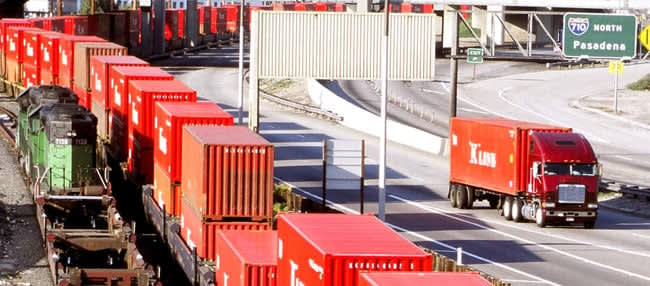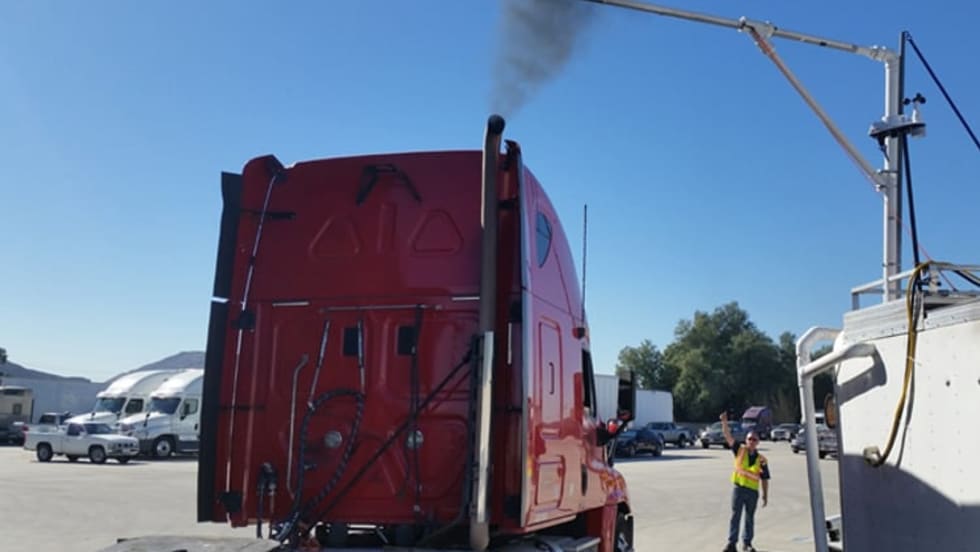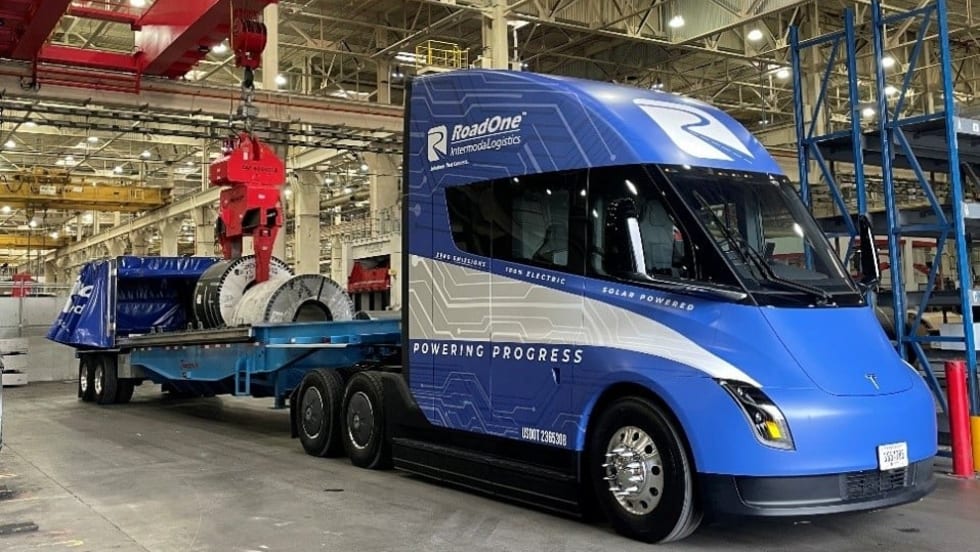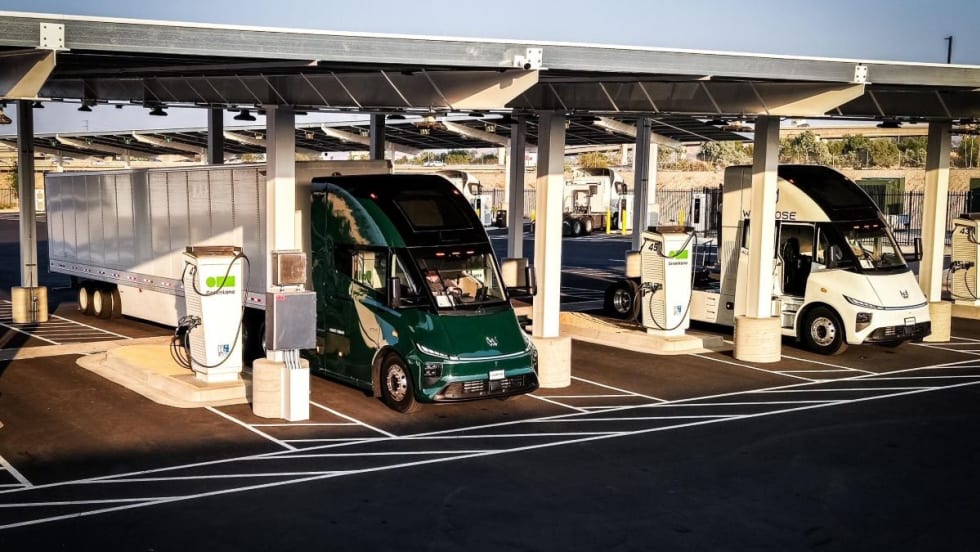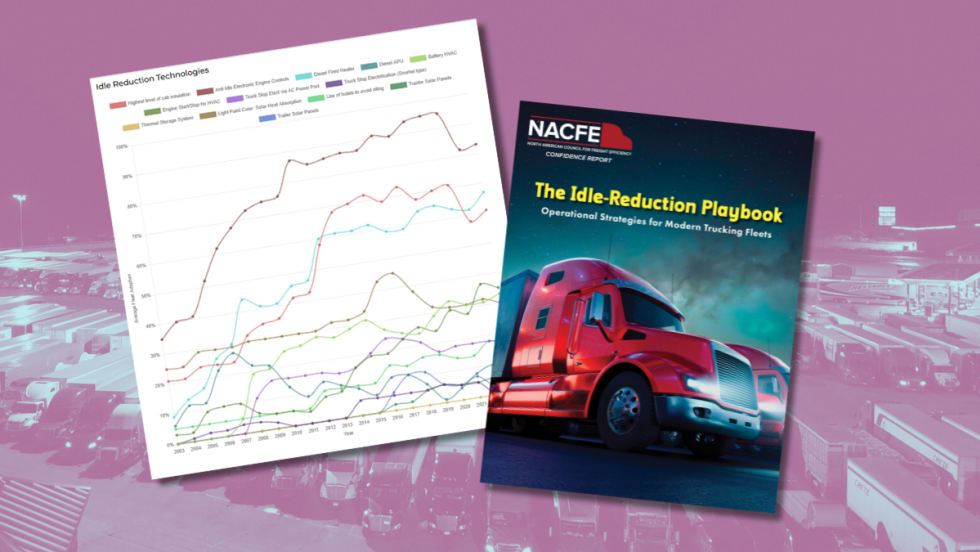Calling the current strategy to retrofit and replace trucks moving goods through the Ports of Los Angeles and Long Beach unfeasible, the California Trucking Association is pushing port officials to develop an alternative plan that will still meet emission goals.
This collaboration needs to begin with the ports issuing a new timetable for implementation of their Clean Air Action Plan. CTA claims the proposed implementation date of Jan. 1, 2008, would substantially disrupt goods moving into and out of the ports, thereby causing a serious destabilization to the supply chain and economy.
"Everyone in the supply chain needs time to prepare and adjust to the potential impacts of this plan. Asking for a public timetable is not an extraordinary request but an essential one to businesses, consumers and the health of our economy," said C.J. Nord of the California Furniture Manufacturers Association.
Ideally, says the CTA, the Ports of Los Angeles and Long Beach will announce their intentions to lay out a revised timetable and to explore a new CAAP strategy when they hold a joint meeting this Friday, Oct. 12.
Besides real impacts to the national and international supply chain that runs through the ports, the plan as envisioned will also have grave economic impacts.
"The plan that is now under review has serious problems, particularly recognizing that local carriers won't remain in the industry should the employee provision stand. The impact of a large loss of drivers that move goods into and out of the ports would be immediately felt and negatively impact the local and state economies," said Julie Sauls of the CTA.
Of particular concern among independent operators was the key provision in the Port Truck Plan that would require truck drivers to become employees of a consolidated number of large concessionaires at the ports. Moreover, the plan called for an immediate implementation date of Jan. 1, 2008.
One study suggests that the results of the provisions and timeline would have meant higher transportation costs, fewer drivers and a backlog at the ports reminiscent of the dock workers strike five years ago that shut down all major West Coast ports for 10 days, costing the national economy an estimated $10 billion.
What has remained clear is that drivers are committed to protecting their choice of remaining independent. "Any plan that denies that choice is non-negotiable," noted Sauls.
CTA claims the trucking industry is responsible for only a tenth of the overall emissions at the port, and is committed to doing its fair share toward improving air quality at the ports. "We want to be a partner in creating solutions, but the trucking industry refuses to be continually mischaracterized as a primary source of emissions at the port and have the public sold on a port truck plan that, in reality, only focuses on a small part of total emissions," said Sauls.



